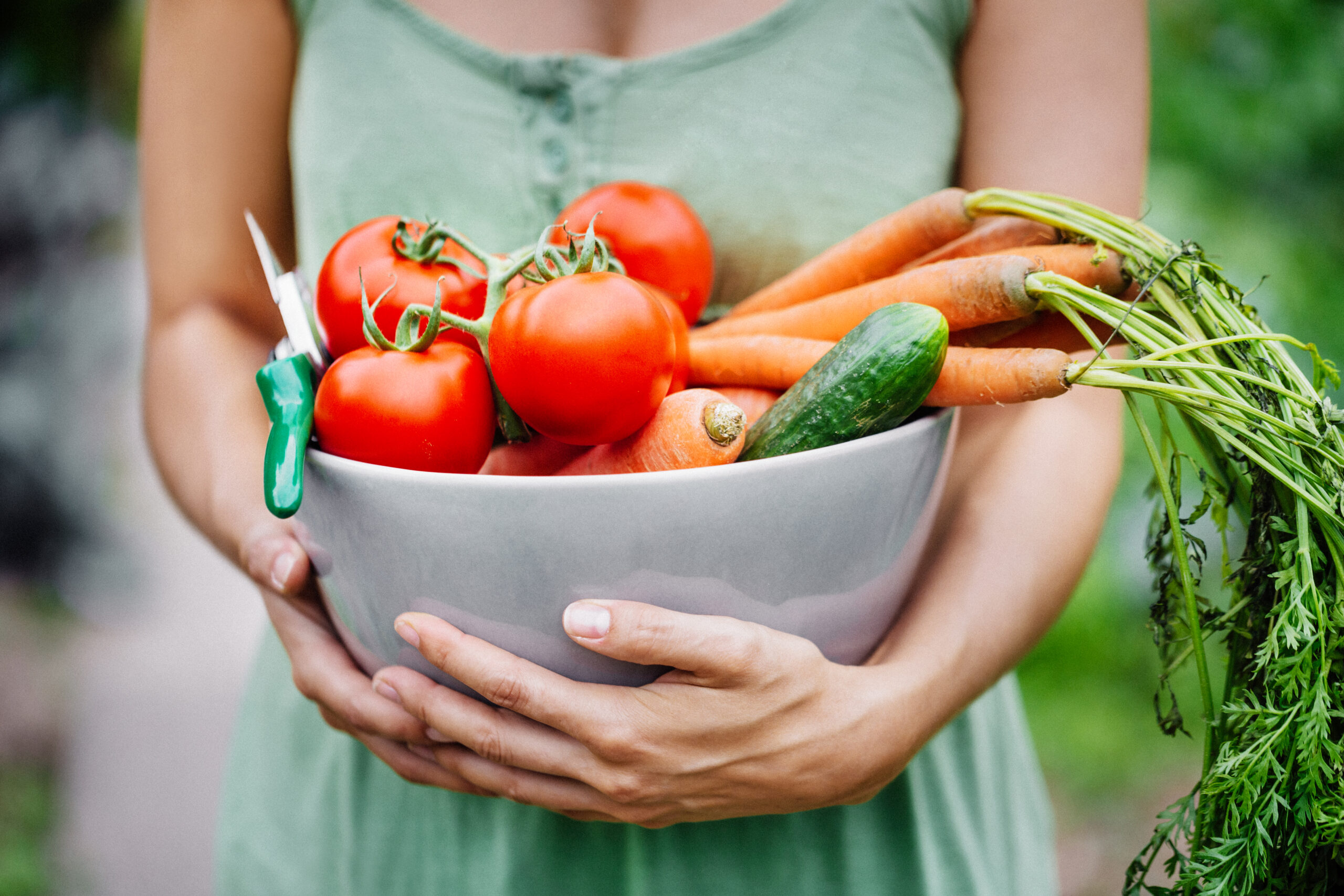With Kiwi couples leaving it later to start their families, and our fertility declining rapidly from the age of 35, getting pregnant has become a heartbreaking struggle for many in New Zealand.
While our food choices cannot cure infertility of a medical nature, nutrition can play a role in supporting and promoting fertility, says nutritionist Jessica Campbell. Here are Campbell’s top six tips for eating your way to fertility.
1. Find your healthy weight
It’s commonly accepted that women who carry too much weight find it more difficult to conceive.
Campbell says, “I’d encourage women to find their healthy weight, and that’s not through fad dieting or crash dieting, but through addressing any behaviours that might be underpinning why you’re carrying more weight than would be your natural healthy weight.”
Do you reach for food when you’re unhappy or stressed, or alternately when you’re in good spirits? Is pouring a glass of wine the first thing you do when you come home from work? Do you binge on chips or biscuits in front of the TV?
Finding the reasons behind bad eating habits is the first step to changing them, and adjusting your eating is enough to set some women on a path to fertility, says Campbell.
“Regardless of whether you’re trying to conceive on your own or with the help of IVF, reaching and maintaining a healthy weight for your body is crucial to optimising your fertility and chances of conceiving.”
2. Check your iron levels
Iron is a key nutrient in the fertility stakes, and a lack of iron can be one cause of sub fertility, says Campbell.
“Make sure you’re getting plenty of animal proteins, as this is definitely the best source and the most absorbent source – lean red meats and poultry, to a lesser extent.”
Plant-based iron is another option, but it’s a non-haem form of iron which means it’s harder to absorb.
Explains Campbell, “It’s a type of iron in which the way it’s packaged up means it’s almost going to be competed against by phytates which are also present in your plant-based foods – so you’ve got this balance of things that will help absorb iron and things that will inhibit iron, and plant-based irons tend to come along with things that will inhibit the absorption of the iron.”
3. Follow a mediterranean eating pattern
The Mediterranean diet has been associated with many health benefits including improved heart health, some have even dubbed it the healthiest diet in the world.
Campbell advises, “Eat lots of fruit and veg, and focus more on vegetable oils, that’s your olive oils, your rice bran oils. Eat plenty of nuts and seeds, fish and low-fat dairy.”

4. Eat regularly
When your body is in a stressed state, it is more difficult to conceive; one way to put it in a less stressed state is, believe it or not, to nourish it regularly.
Campbell explains, “When you have breakfast, lunch and dinner your body can trust that it’s going to be consuming regular nutrients and that’s going to put you in a less stressed state, which is really important in pregnancy. Our bodies are quite intuitive – if we think back to paleolithic times, if you’re eating regularly that tells your body that you’re not in a famine so that’s a great time to be pregnant.”
5. Seek out selenium
New Zealand soils are low in selenium, meaning we’re less likely to get much of it through our fruits and veggies. So what’s the best source? Brazil nuts. You can also get selenium through sesame seeds, and to a lesser extent from chicken, eggs and some seafood.
6. Start taking folic acid
This is oft-repeated standard advice, but it’s important. Start taking it as soon as you decide to try for a baby, as women should ideally be taking it from 12 weeks before conception. The daily requirement is 800mcg.
“A lot of my suggestions as a nutritionist are centred around ensuring you get these nutrients through food, but folic acid is definitely the exception. The best way to get what you need is through supplementation.”


